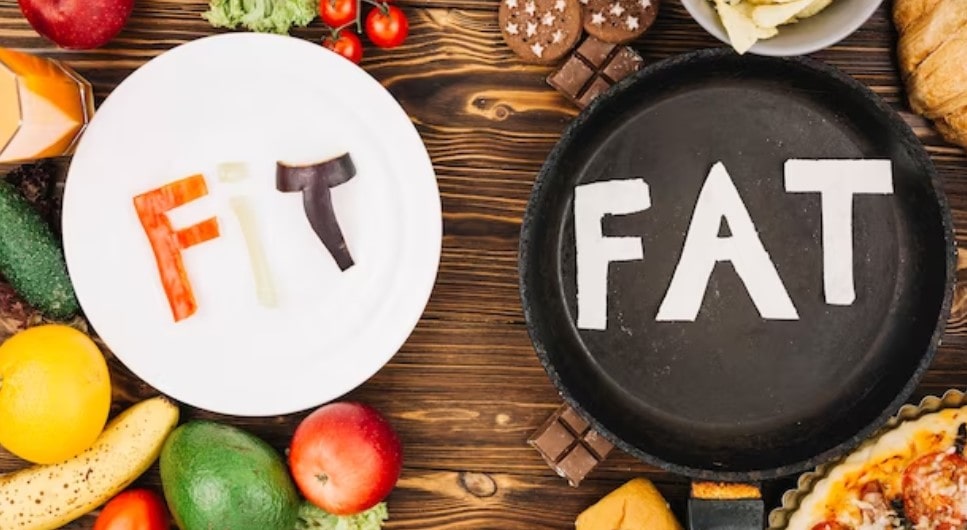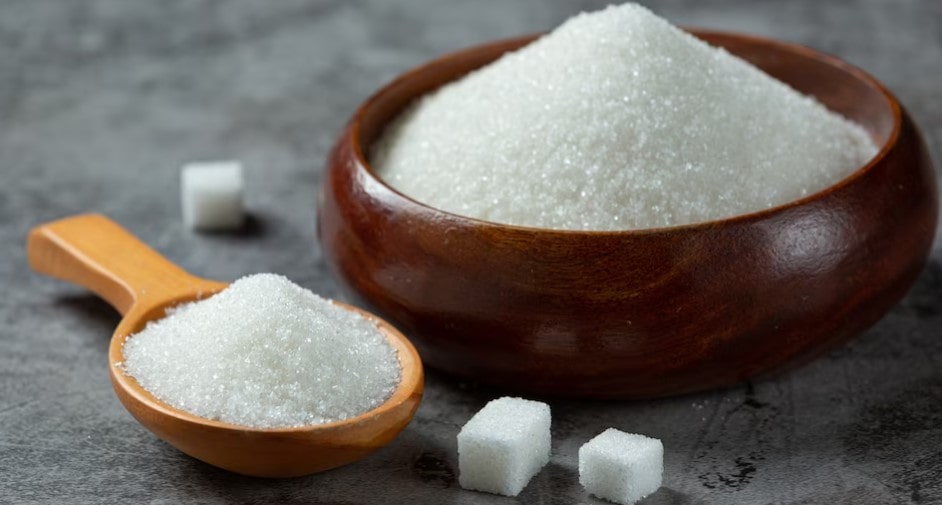Our diet plays a crucial role in maintaining our overall health and well-being. What we eat can affect our energy levels, mood, and even our risk of developing chronic diseases. Making small changes to our diet can have a big impact on our health.
By incorporating more nutrient-dense foods, drinking enough water, and reducing our intake of processed foods and sugar, we can improve our physical and mental health, and reduce our risk of chronic diseases. Small changes to our diet can lead to big improvements in our health and well-being.
Add more fruits and vegetables to your diet

Adding more fruits and vegetables to your diet is an easy and effective way to improve your overall health. Fruits and vegetables are packed with essential vitamins, minerals, fiber, and antioxidants that can boost your immune system and reduce your risk of chronic diseases like heart disease and cancer.
To incorporate more fruits and vegetables into your diet, try adding them to every meal and snack. Aim for at least 5 servings of fruits and vegetables per day. You can add fruits to your breakfast cereal or oatmeal, and vegetables to your omelets, sandwiches, and salads. Snack on fresh fruits, cut up vegetables with hummus or add them to smoothies.
Another way to increase your intake of fruits and vegetables is to make them the main focus of your meals. Try adding vegetables to stir-fries, soups, and stews, or create a colorful vegetable-based pasta or rice dish. By making small changes to your meals and snacks, you can easily incorporate more fruits and vegetables into your diet and reap the health benefits.
Drink plenty of water

Staying hydrated is crucial for overall health and well-being. Water plays a vital role in regulating body temperature, removing waste, and supporting healthy digestion. Dehydration can lead to headaches, fatigue, and even more serious health problems.
To ensure that you are drinking enough water throughout the day, aim for at least 8-10 glasses per day. This can be achieved by carrying a reusable water bottle with you and sipping on it throughout the day. You can also increase your water intake by incorporating hydrating foods like watermelon, cucumber, and oranges into your diet.
If you struggle to drink enough water, try adding flavor to your water with sliced fruit or herbs. You can also set reminders on your phone or computer to prompt you to drink water throughout the day. By making sure you stay hydrated, you can help support optimal bodily functions and maintain good health.
Cut down on processed foods

Processed foods are often high in calories, sugar, salt, and unhealthy fats, and low in essential nutrients like fiber, vitamins, and minerals. Consuming too much-processed food can increase your risk of obesity, type 2 diabetes, heart disease, and other chronic health conditions.
To reduce your intake of processed foods, choose whole, nutrient-dense foods instead. Whole foods are minimally processed and retain their natural nutrients, fiber, and flavor. These include fruits, vegetables, whole grains, lean proteins, and healthy fats like avocado and nuts.
When grocery shopping, try to stick to the perimeter of the store where whole, fresh foods are typically located. Avoid purchasing pre-packaged or processed foods that are high in added sugars, sodium, or artificial ingredients.
Cooking meals at home using fresh ingredients is another great way to cut down on processed foods. You can experiment with different flavors and ingredients to create delicious and healthy meals that are packed with nutrients. By choosing whole, nutrient-dense foods, you can improve your overall health and reduce your risk of chronic diseases.
Choose healthier fats

Not all fats are created equal, and some are better for your health than others. Saturated fats and trans fats are considered unhealthy fats, as they can increase your risk of heart disease and other chronic conditions. Healthy fats, on the other hand, can help reduce inflammation, support brain health, and lower your risk of chronic diseases.
Healthy fats can be found in foods like nuts, seeds, avocados, olive oil, and fatty fish like salmon. These fats are high in omega-3 and omega-6 fatty acids, which are essential for brain health, hormone production, and immune function.
To incorporate healthier fats into your diet, try replacing saturated fats and trans fats with healthier options. For example, instead of cooking with butter or vegetable oil, try using olive oil or avocado oil. You can also add nuts, seeds, or avocado to your meals and snacks to increase your intake of healthy fats.
READ RELATED: Costco Shoppers Share the Most Bizarre Items People Have Tried to Return: 'I'm Getting a Refund'
Eating fatty fish like salmon or tuna at least twice a week is another great way to get more healthy fats into your diet. By making these small changes to your diet, you can improve your overall health and reduce your risk of chronic diseases.
Reduce your intake of sugar

Consuming too much sugar can have a negative impact on your health. Sugar is often high in calories and provides little to no nutritional value. Consuming too much sugar on a regular basis can lead to weight gain, obesity, type 2 diabetes, and other chronic health conditions like heart disease.
To reduce your intake of sugar, start by cutting back on sugary drinks like soda, sports drinks, and sweetened teas. These drinks can be a major source of added sugars in your diet. Instead, opt for water, sparkling water, or unsweetened tea.
You can also limit your consumption of sugary snacks like candy, cookies, and pastries. Try replacing these with whole fruit or a small serving of nuts or seeds.
When grocery shopping, be sure to read nutrition labels carefully and avoid products that contain added sugars. Many packaged foods, like cereals, granola bars, and yogurt, can contain large amounts of added sugar.
By reducing your intake of sugar, you can improve your overall health and reduce your risk of chronic diseases like obesity, type 2 diabetes, and heart disease.
Don’t skip meals
Skipping meals can have negative consequences for your health. When you skip a meal, your blood sugar levels can drop, leaving you feeling tired, irritable, and unfocused. Skipping meals can also slow down your metabolism, making it harder for you to burn calories and maintain a healthy weight.
To avoid skipping meals, it’s important to plan and prepare healthy meals and snacks in advance. This can help ensure that you always have nutritious options available, even when you’re short on time.
One easy way to plan ahead is to prepare healthy meals and snacks in bulk. This can save you time and money, and ensure that you always have healthy options on hand.
When planning your meals and snacks, aim for a balance of protein, healthy fats, and complex carbohydrates. These nutrients can help keep you feeling full and satisfied for longer periods of time.
If you find yourself too busy to prepare meals, consider using meal delivery services or pre-made healthy options that can be found at your local grocery store.
By avoiding skipping meals and instead planning and preparing healthy options, you can improve your overall health and ensure that you have the energy and nutrients needed to power through your day.
Conclusion
Incorporating small changes into your diet can have a big impact on your overall health. By adding more fruits and vegetables, drinking plenty of water, cutting down on processed foods, choosing healthier fats, reducing your intake of sugar, and avoiding skipping meals, you can improve your health and reduce your risk of chronic diseases.
It’s important to remember that making small changes over time can lead to long-term success. Instead of trying to overhaul your entire diet at once, focus on making small, sustainable changes that you can stick with over the long term.
By prioritizing your health and making small changes to your diet, you can improve your quality of life and reduce your risk of chronic diseases. So take the first step today and start incorporating these tips into your daily life!
Source: crfatsides





